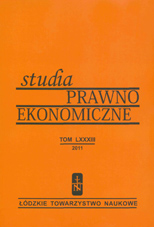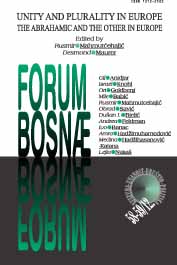
Die verschuldensunabhängige Haftung des Vermieters
Die verschuldensunabhängige Haftung des Vermieters
Vor Kurzem hatte der deutsche Bundesgerichtshof in einer aus dem täglichen Leben bekannten Sache zu entscheiden. Es handelte sich um einer Mietwohnung in einem Mehrfamilienhaus. Die Mieterin hatte Wandfarbe in der Wohnung angebracht und einen Teppichboden gelegt sowie die Reinigung der Fenster veranlasst. Darauf traten in der Wohnung, zunächst in der Küche, dem Bad und den Zimmern des Hauses, Schwarzstaubablagerungen (“Fogging”) auf, die sich nach einiger Zeit auf sämtliche Decken und Wände der Wohnung ausbreiteten. Ursache dieser Schwarzstaubablagerungen sollte nach dem im Berufungsverfahren eingeholten Sachverständigengutachten ein Zusammenwirken von Emissionen aus Wandfarbe und Teppichboden und einer Absenkung der Bauteiloberflächentemperatur während des im Winter vorgenommenen Fensterputzens und dem zusätzlichen Einzug flüchtiger organischer Stoffe während des Fensterputzens sein. Dann kommt die alles beherrschende Streitfrage: Wer hat die Kosten der Beseitigung der Schwarz-verfärbungen zu tragen, der Vermieter, oder die Mieterin?
More...
